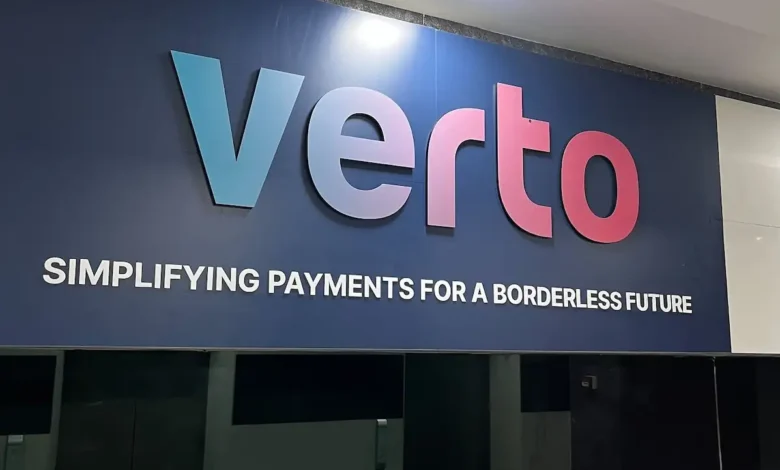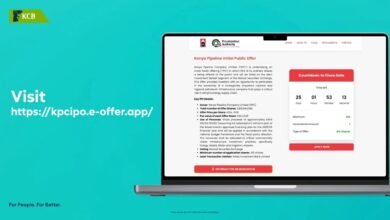
Why the UAE corridor matters to Kenya now
Kenya’s trade with the Gulf continues to deepen. In February 2024, the UAE and Kenya concluded a Comprehensive Economic Partnership Agreement that lifted non-oil trade to 3.1 billion dollars in 2023, up 26.4 percent year-on-year. Policy and energy ties have also tightened through recent Gulf supply agreements and financing talks. Together, these moves make the UAE a crucial settlement hub for Kenyan importers, exporters, and multinationals operating across the Middle East and Africa.
What Verto is bringing to the table
Verto has launched operations in the UAE to speed up high-value B2B flows between Dubai and African markets like Kenya, Nigeria and South Africa. The company says it processes over 25 billion dollars annually for large enterprises and offers instant or near-instant settlements, multi-currency accounts, and tools to manage FX risk, including the ability to lock rates and automate conversions when target levels hit. These are company figures and product claims, now extended to UAE clients via its new presence.
Regulated in Dubai’s DIFC
Crucially, Verto’s UAE expansion sits on a regulatory footing: the company’s DIFC branch is authorised by the Dubai Financial Services Authority to provide money services. Third-party industry coverage confirms DFSA approval on 31 January 2025, enabling AED accounts and payments for businesses operating in the UAE. For Kenyan firms, that matters because counterparties in the Gulf often require payments to flow through regulated, on-shore institutions.
The pain points this aims to fix
Moving money between Kenya and the UAE can be slow and opaque because traditional cross-border rails often hop across multiple correspondent banks, each adding checks, time and fees. De-risking trends have further thinned correspondent relationships in some markets, making routes costlier and less predictable. A licensed, integrated platform in DIFC can shorten paths, increase traceability, and make landed costs clearer at invoice time.
Expected wins for Kenyan businesses
- Faster settlement: Paying a UAE supplier in hours rather than days reduces stock-out risk and demurrage costs.
- FX control: Lock rates for future invoices, hold balances across currencies, and set automated conversions to catch favourable moves.
- End-to-end visibility: Track transactions from initiation to credit, with fewer “where is the payment” email chains.
Who benefits first
- Importers in Industrial Area and Mombasa logistics chains that need predictable supplier payments to release goods quickly.
- Exporters of tea, flowers and fresh produce who invoice buyers in AED or USD and want fewer deductions upon receipt.
- Regional subsidiaries and procurement teams coordinating cash between Nairobi HQs and Dubai operations on tight timelines.
The compliance backdrop
As cross-border activity grows, so do compliance obligations. The UAE is a tightly regulated hub. Kenya has also faced enhanced scrutiny, including being added to the EU’s high-risk list for money laundering in June 2025, which can translate into tougher due diligence from banking partners. Businesses should expect rigorous KYC and documentation, and may actually prefer platforms that are locally authorised in DIFC because they help counterparties meet internal risk standards.
Bottom line
With DFSA-authorised services in Dubai, Verto adds another regulated option for Kenyan firms that trade with the Gulf. If it can consistently deliver faster settlement, tighter FX control and clearer tracking than legacy routes, it will shave friction from a corridor that is only getting busier under the Kenya–UAE economic pact.





